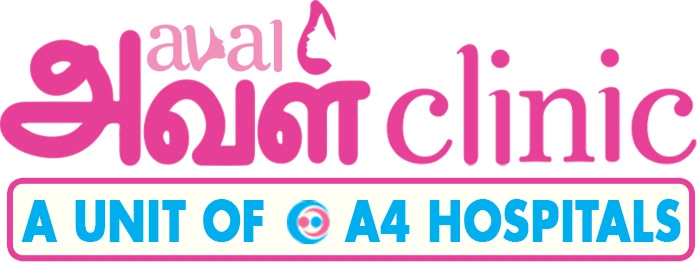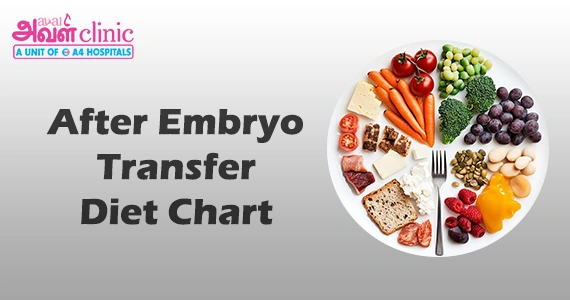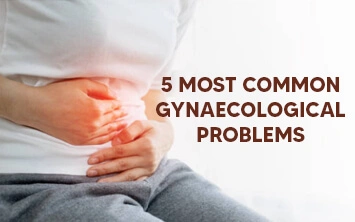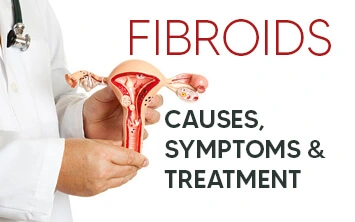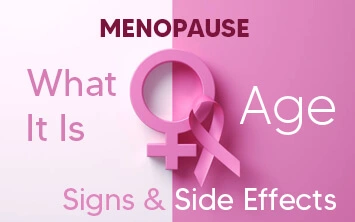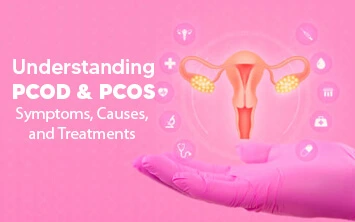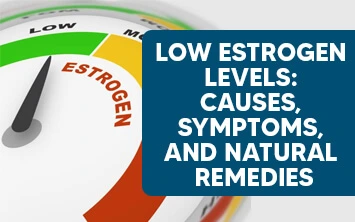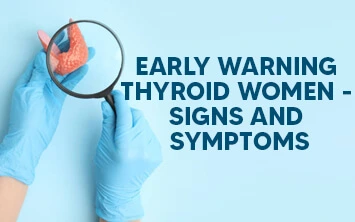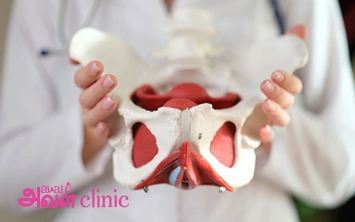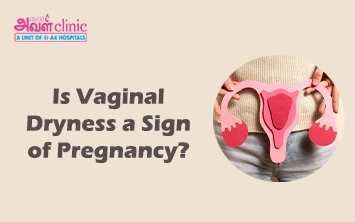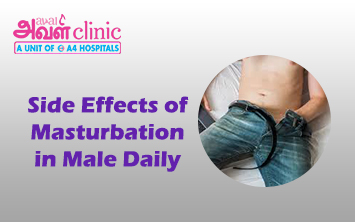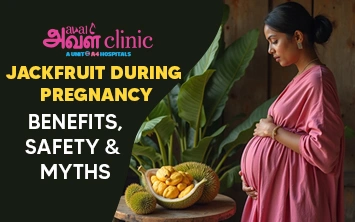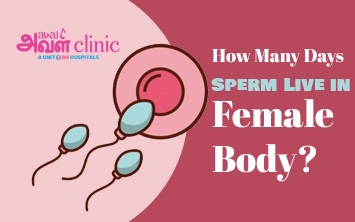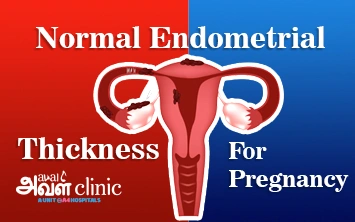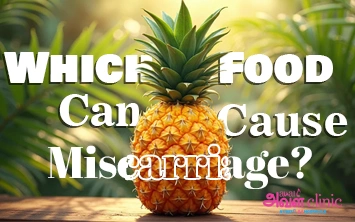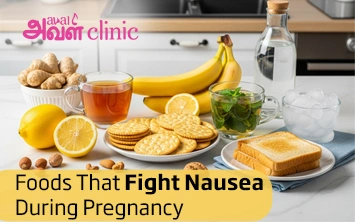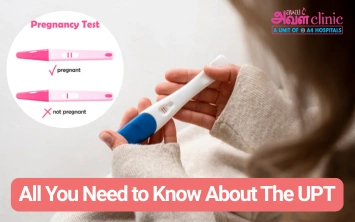Published on: July 9, 2025
Author: Admin
Just had an embryo transfer? That’s a huge milestone on your journey to becoming a parent! Now, you’re probably wondering how to care for your body during the nail-biting two-week wait. A well-planned after embryo transfer diet can help your embryo settle in and boost your IVF chances. What should you eat in a diet after embryo transfer? Are there foods to avoid?
At Aval Clinics, we’re here to guide you with a simple, nutrient-packed post embryo transfer diet plan, including a handy IVF diet chart, tips for the early days (like the first trimester if pregnancy begins). Let’s get started with foods that support your dream of a healthy pregnancy!
Why Food Matters After Embryo Transfer
After your embryo transfer, your body is busy preparing for implantation - when the embryo attaches to your uterine lining. Eating the right foods can make a difference. A solid after embryo transfer diet chart gives your body the nutrients it needs to support this process, keep hormones balanced, and ease stress. Experts say a healthy post embryo transfer diet can improve implantation by reducing inflammation and boosting blood flow (source: fertility nutrition research).
A good diet after embryo transfer isn’t just about science - it’s about feeling your best while you hope for good news.
Book Your Free Consultation Now!
Call Now: 80047 80048Nutrients to Include in Your IVF Diet Chart
Your after embryo transfer diet chart should focus on foods that fuel implantation and early pregnancy. Here’s what you need:
- Protein: Helps build cells and strengthens your uterine lining. Aim for 60–80 grams daily, depending on your weight. Try lean chicken, salmon, tofu, or lentils.
- Folate: Crucial for early baby development and preventing birth defects. Find it in spinach, avocados, or oranges.
- Omega-3s: Boosts blood flow to the uterus and calms inflammation. Go for salmon, walnuts, or chia seeds.
- Vitamin E: Supports a thick, healthy uterine lining. Munch on almonds or olive oil.
- Antioxidants: Protect cells and support embryo health. Berries, kale, and sweet potatoes are great picks.
- Iron: Keeps you energized and prevents anemia. Try spinach or lean meats.
- Water: Stay hydrated with 8–10 glasses daily to support your uterus.
A Mediterranean-style diet - think veggies, whole grains, and healthy fats - is a top choice for your IVF diet chart because it’s fertility-friendly.
After Embryo Transfer Diet Chart - Sample
Need a clear plan? Here’s a 5-day after embryo transfer diet chart to guide your post embryo transfer diet. Talk to your doctor to tweak it for your needs.
- Day 1
- Breakfast: Soft idli with homemade ghee & coconut chutney, warm milk (pasteurized).
- Snack: Handful of soaked almonds and a ripe banana.
- Lunch: Steamed rice with moong dal (paruppu), sautéed spinach (keerai), and curd.
- Snack: Fresh pomegranate seeds and a few dates.
- Dinner: Ragi porridge with jaggery and cardamom, warm cumin water.
- Day 2
- Breakfast: Pongal with ghee and pepper (light), herbal tea.
- Snack: Apple slices with peanut butter (unsweetened).
- Lunch: Red rice with horse gram (kollu) rasam, sautéed beans, and curd.
- Snack: Coconut water and a boiled egg or roasted chana.
- Dinner: Vegetable upma with carrots and peas, warm milk with saffron.
- Day 3
- Breakfast: Rava idli with mixed vegetable chutney, warm jeera water.
- Snack: Soaked walnuts and a small bowl of papaya.
- Lunch: Thin rice kanji with mashed greens (keerai masiyal), steamed carrot.
- Snack: Fresh guava and a teaspoon of sunflower seeds.
- Dinner: Rice dosa with soft paneer curry and a cup of warm herbal tea.
- Day 4
- Breakfast: Kambu (pearl millet) dosa with tomato chutney and boiled egg.
- Snack: Handful of roasted pumpkin seeds and a cup of orange juice (fresh).
- Lunch: Semi-polished rice with toor dal sambar (mild), beetroot poriyal, and curd.
- Snack: Greek yogurt (plain) with sliced mango.
- Dinner: Broken wheat pongal with ghee and cumin, warm tulsi tea.
- Day 5
- Breakfast: Soft uthappam with ghee, mild vegetable stew, and a glass of warm milk.
- Snack: Banana smoothie with flaxseed powder.
- Lunch: Lemon rice (mild), vegetable kootu, and cucumber raita.
- Snack: Handful of raisins and warm ginger water.
- Dinner: Moong dal soup with carrot & bottle gourd, and 1 whole wheat phulka.
This IVF diet chart is packed with nutrients to support your diet after embryo transfer. Use pasteurized dairy and cooked veggies to stay safe.
Foods to Eat After Embryo Transfer
Stock your plate with these fertility-boosting foods for your post embryo transfer diet:
- Fruits: Berries, oranges, avocados, guava (loaded with folate and antioxidants).
- Vegetables: Kale, spinach, sweet potatoes, zucchini (rich in vitamins and fiber).
- Whole Grains: Quinoa, brown rice, oats, millets (give steady energy).
- Lean Proteins: Chicken, salmon, tofu, eggs, lentils (build cells).
- Healthy Fats: Olive oil, walnuts, chia seeds (support hormones).
- Dairy: Pasteurized milk, yogurt, paneer (calcium and protein).
- Drinks: Water, herbal teas, natural juices (in moderation).
Indian favorites like dosa or mild dal are perfect, but keep spices light to avoid tummy troubles.
Foods to Avoid After Embryo Transfer
Some foods can harm your chances or pose risks. Skip these in your diet after embryo transfer:
- Raw Meats/Fish: Risk of listeria or salmonella.
- High-Mercury Fish: Avoid tuna, shark, or swordfish.
- Unpasteurized Dairy: May carry harmful bacteria.
- Raw Sprouts: Risk of E. coli; choose cooked sprouts.
- Junk Foods: High-sugar or trans-fat foods increase inflammation.
- Alcohol: Harms embryo development.
- Too Much Caffeine: Stick to 200 mg daily (1 cup tea or coffee).
- Spicy/Oily Dishes: May upset your stomach.
Avoid pineapple or papaya post-transfer, as they might trigger contractions in some women.
For a detailed guide, explore our complete list of foods to avoid after embryo transfer
Diet in the Early Post-Transfer Phase (First Trimester Focus)
The days after your embryo transfer are like the start of the first trimester if implantation succeeds. Your diet after embryo transfer should support this early phase:
- Ease Nausea: Bland foods like toast, bananas, or rice help if queasiness kicks in.
- Stay Hydrated: Drink water or herbal teas to keep your uterine lining healthy.
- Folate and Iron: Essential for early fetal growth, found in greens and lentils.
Small, frequent meals in your post embryo transfer diet prevent bloating and keep energy steady. Focus on whole foods to mimic early pregnancy nutrition.
Lifestyle Tips to Boost Your Diet
Your post embryo transfer diet shines with these habits:
- Hydrate: 8–10 glasses of water daily for uterine health.
- Manage Stress: Try deep breathing or light yoga to stay calm.
- Move Gently: Walking helps blood flow, but skip intense workouts.
- Sleep Well: 7–8 hours nightly supports hormones.
- Follow Prescriptions: Take folic acid or progesterone as advised.
A dietitian can customize your IVF diet chart for your unique needs.
For more tips on a balanced pregnancy diet, explore our 28‑Day Diet Plan to Help You Get Pregnant.
If you still have any concerns, having a consultation with experts at Aval Clinics is recommended. They can guide you.
Contact us today for expert advice and personalized care:
